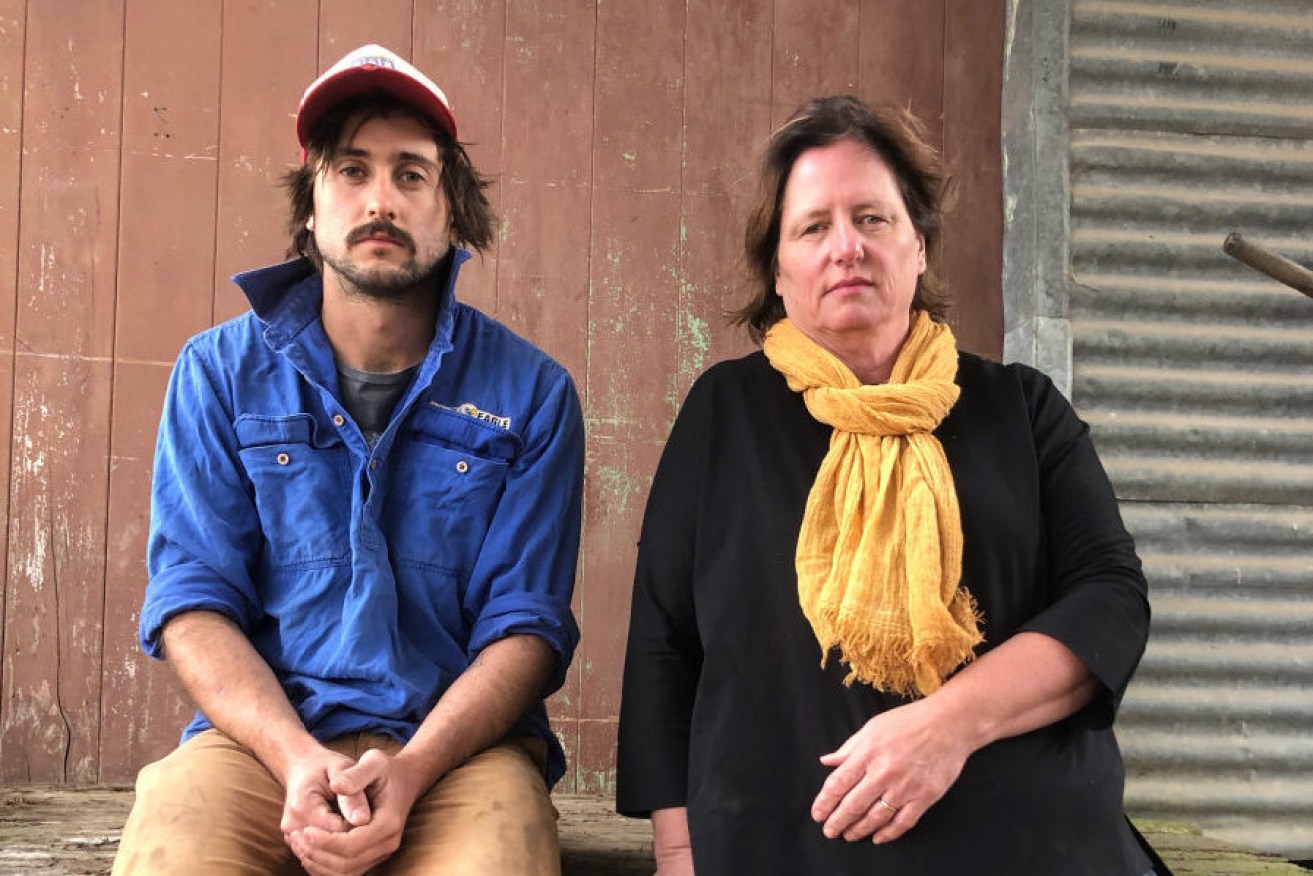Carers also need care: The stress and toll of supporting a loved one with chronic illness


Caroline Laidlaw and her son Jock wish they had more support while caring for their loved one. Photo: Supplied
Caroline Laidlaw became a full-time carer when her daughter was diagnosed with anorexia, putting aside her own physical and mental health.
Her situation is typical of millions of Australians who revert to caring for someone with an eating disorder, which can consume “every waking moment” of the carer’s life, according to a new report.
“My focus has actually been on my daughter’s recovery, not myself so much,” the mother-of-two from Ararat, in Victoria, said.
“I had to give up work. I had to give up being a mother to Jock for the year.
“My physical health suffered, but my number one priority was my daughter.”
Ms Laidlaw is one of the 2 million ‘forgotten’ carers who are on the frontline when a loved one is diagnosed with a chronic illness. And this is having a long-lasting, negative impact on their physical and mental wellbeing.
An alarming 83 per cent of people who have assumed the role of carer for someone with an eating disorder have said it has impacted their mental health, according to a new report by the Butterfly Foundation.
However, many of these carers have never sought help for self-care.
Reasons for not seeking formal or informal support included not wanting to be a burden, perceived stigma, not knowing that support services were available, and not having access to services in their area.
“I always thought about getting help but just haven’t really known what’s been out there, and how to go about it,” Jock Laidlaw said, who was only 12 years old when his sister was first diagnosed with anorexia nervosa.
“Also, I didn’t want to put a burden on the rest of the family.”
Butterfly Foundation CEO Kevin Barrow said the foundation has “long recognised how vital carers are.” He said much more needed to be done to support them.
“When an eating disorder enters a home, it impacts every aspect of a carer’s life whether it be financial, social or emotional – it consumes their every waking moment,” Mr Barrow said.
The foundation holds monthly support forums for families, but it is appealing to state and federal governments to fund its program nationally, particularly in regional and remote communities.
“Butterfly is committed to building a strong national network of carers support groups,” Mr Barrow said, “and will be working with local communities and organisations to deliver these much-needed safety nets.”
Helpful tips for carers
Recovering from an eating disorder can be a very slow process, and each state presents its own challenges and triumphs.
Below are some tips from the National Eating Disorders Collaboration (NEDC) to help families and carers through this process:
- Learn as much as you can: gain a better understanding of what the person is going through by visiting the Butterfly Foundation website or downloading the Eating Disorders booklet from the NEDC Knowledge Hub.
- Remember who the person is: this process of “externalisation” helps carers to see the illness as the problem, and not the person.
- Communicate openly: avoid judgement or negativity and allow the person to express how they are feeling. “Pay attention to the person’s non-verbal reactions and body language,” it recommends.
- Stay positive: focus on the person’s positive attributes and chat about the things they enjoy or are good about.
- Make time for yourself: “The better you care for yourself, the more you will be able to help the person you are caring for,” NEDC says.
- Seek support: don’t be embarrassed to seek professional advice, or to lean on a friend or another family member for help.
For support, call The Butterfly Foundation on 1800 334 673; Eating Disorders Foundation Victoria on 1300 550 236; or Lifeline on 13 11 14.








